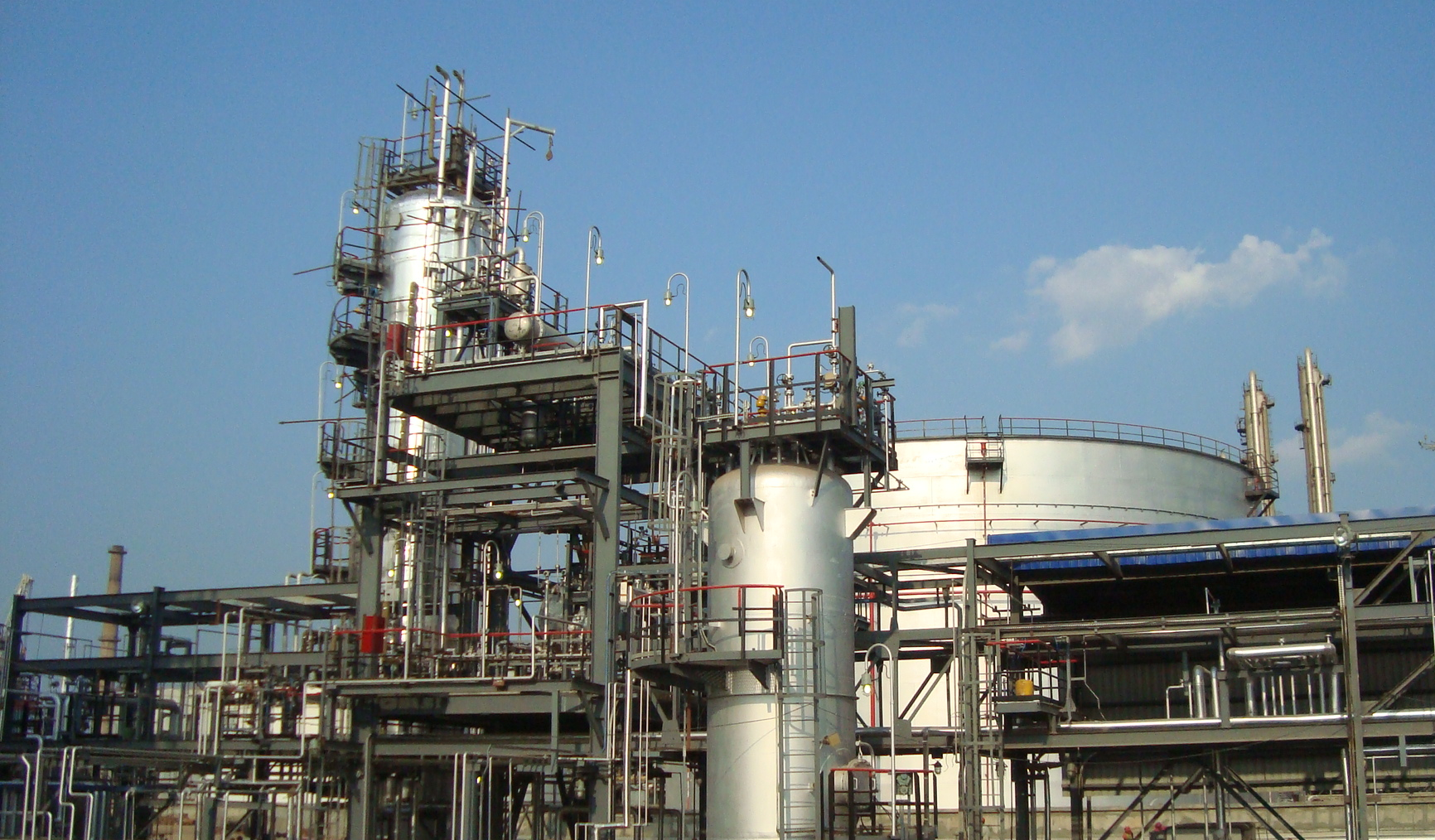In a major development that could reshape Nigeria’s oil and energy sector, the Federal Government has announced that it may consider selling some of the refineries owned by the Nigerian National Petroleum Company Limited (NNPCL) to capable private investors. This disclosure came from Olu Verheijen, the Special Adviser to President Bola Ahmed Tinubu on Energy, who explained that the move is part of ongoing reforms aimed at improving efficiency, boosting fuel production, and reducing the long-standing challenges surrounding Nigeria’s refining capacity.
For decades, Nigeria—despite being one of Africa’s largest crude oil producers—has struggled to refine fuel locally, relying heavily on importing refined petroleum products. This situation has driven up fuel prices, contributed to currency instability, and placed significant pressure on national revenue. Now, with the Federal Government signaling openness to private-sector participation in refinery management and ownership, many Nigerians are watching closely to see whether this marks the beginning of a long-awaited turnaround.
Why the Government is Considering Selling the Refineries
According to recent statements, the government’s position is grounded in economic practicality and sector reform. The refineries located in Port Harcourt, Warri, and Kaduna have been operationally problematic for years, consuming vast amounts of public funds while producing little to no refined products.
Key reasons for the consideration include:
- Chronic inefficiency and breakdowns across refinery facilities
- Repeated turnaround maintenance spending with minimal results
- The desire to attract fresh capital, technology, and technical expertise
- A strategic push toward a competitive, deregulated downstream market
- Reduction of government overhead and waste within the oil sector
The government believes that bringing in qualified private investors could restore refinery operations faster and more sustainably than continued public funding would allow.
The Shift From Subsidies to Commercial Operations
The removal of fuel subsidies earlier under the Tinubu administration has set the stage for broader reforms. Subsidies historically distorted fuel pricing and discouraged private investment, while placing enormous fiscal pressure on the national budget.
Now that the market is being restructured:
- Pricing decisions will be based on market realities
- Private refineries are encouraged to compete and grow
- The government wants to focus on regulation, not direct operation
This approach aligns with global best practices, where governments regulate energy markets while private investors drive industrial performance.
What Selling the Refineries Could Mean for Ordinary Nigerians
If managed transparently and effectively, the sale or partnership arrangement could have significant benefits:
| Potential Benefit | Expected Impact |
|---|---|
| Increased local fuel production | Reduced dependency on fuel imports |
| Stabilized fuel supply | Fewer scarcity-related price hikes |
| Job creation through revived operations | Boost to local economies |
| Improved refinery efficiency and output | Lower operational losses |
| Potential downward pressure on fuel prices | More affordable cost of living over time |
However, the outcomes depend largely on the quality of investors, clarity of agreements, and strong regulatory oversight.
Industry Experts React
Energy industry analysts have noted that the success of this move will depend heavily on transparency, accountability, and the selection of credible refinery operators.
Some experts believe the privatization or partial divestment of refineries is long overdue, arguing that government involvement in the daily running of commercial assets has historically resulted in inefficiency. Others warn that the process must not repeat past mistakes, where public assets were sold below value or into unqualified hands.
NNPC Limited and the Possibility of Public Listing
Another key dimension of the reform plan is the future listing of NNPCL on the stock market, allowing Nigerians and foreign investors to buy shares. The refinery sale discussions appear to align with this broader goal of transforming NNPCL into a profit-driven and globally competitive energy corporation.
What Happens Next?
The Federal Government emphasized that the sale is not automatic. The refineries will undergo:
- Technical review
- Independent valuation
- Negotiation with qualified investors
Only investors who can provide capital, technical competence, and operational experience will be considered. The process is expected to take place gradually, with careful oversight.



